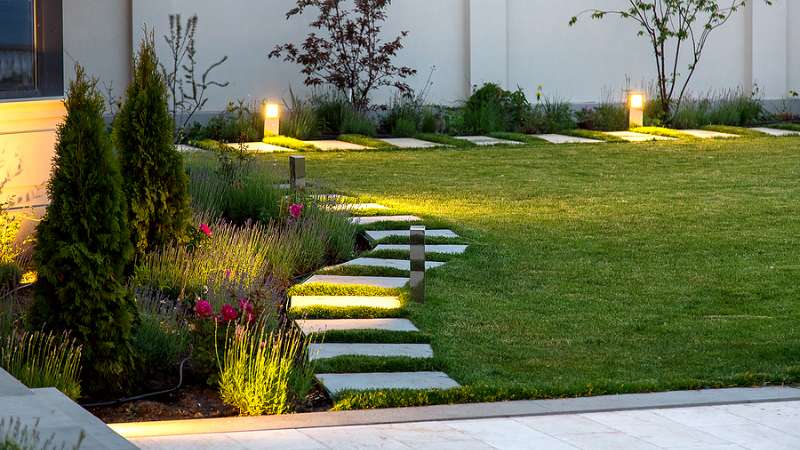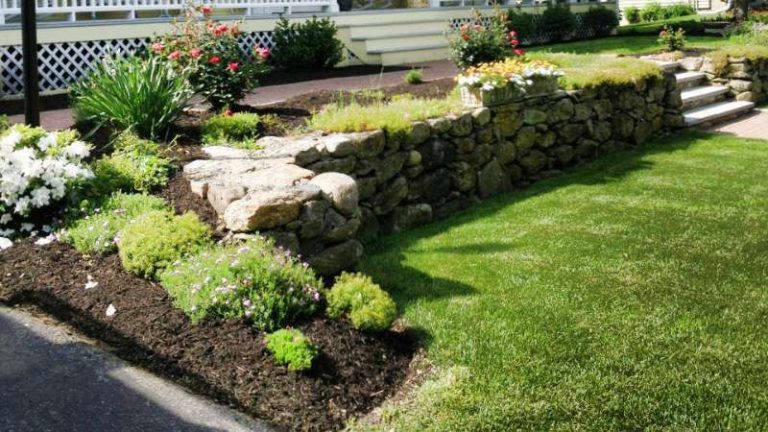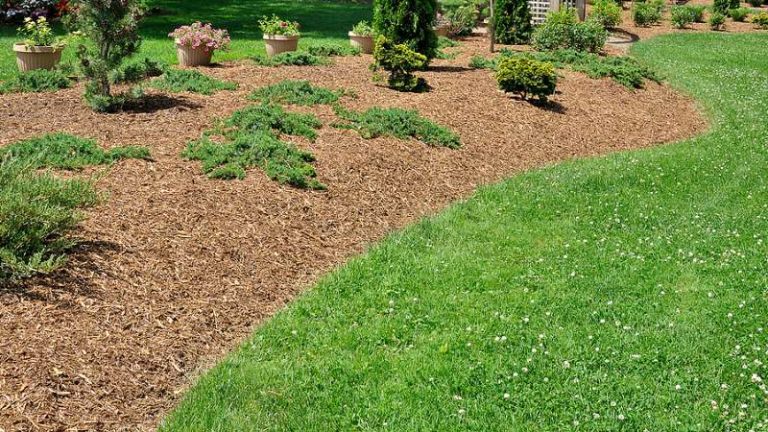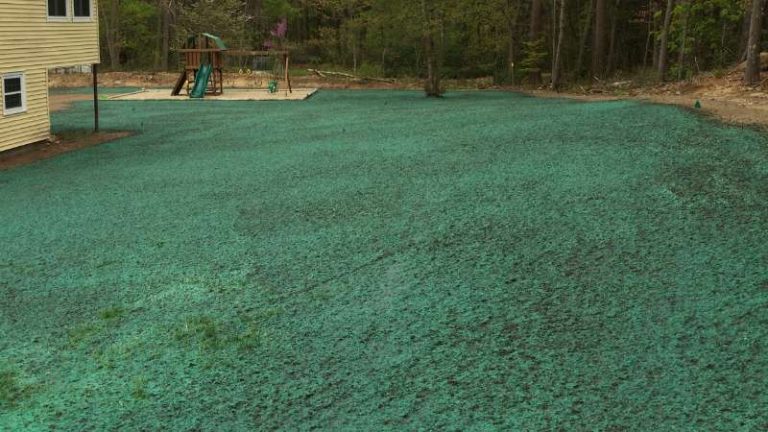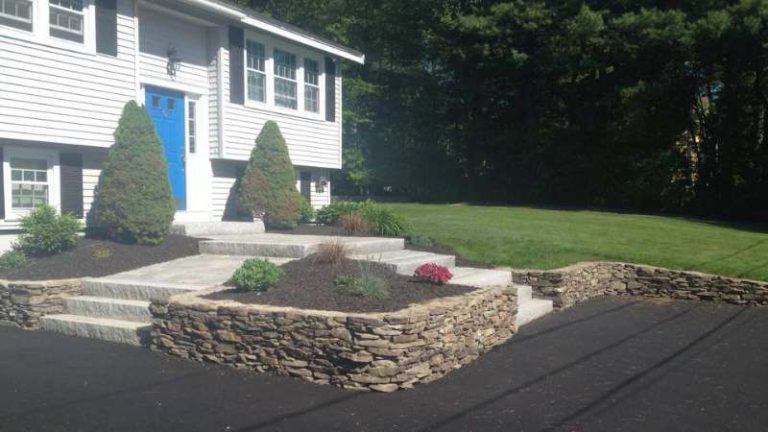How To Light Up Your Backyard
Landscape lighting is the secret weapon of landscape design. It’s one of the most affordable ways to elevate your yard, no matter what kind of shape it’s in.
The lighting focus for the front yard is mainly safety, traffic flow directions, and curb appeal. The backyard, however, is all about enjoyment. Of course, the lighting plan should include safety and traffic flow, but the appeal portion is all for you as a homeowner. Your cocktail hour. Your patio dinners. Your fireside chats. Whatever it is, lighting will make it that much more special.
Below, we’ve put together some of our favorite lighting ideas and top design tips to get you inspired.
LOOK AT THE BIG PICTURE
Make a sketch of your yard, including any existing lights, structures, seating, trees/shrubs, garden beds, decorations, pathways, and decorations.
KNOW THE BIG THREE
There are three main types of backyard lighting. Safety lighting to deter unwanted company and improve visibility, landscape lighting to highlight garden features, and accent lighting to put the focus on your hardscape. Each of these categories has an endless variety of lights to choose from, so you’ll be able to match the design style your after.
SET YOUR INTENTION
Using your sketch, define the purpose for lighting in different areas. Be specific. Do you want to create a certain mood (romantic, cozy, relaxing, exciting)? Does that back corner need security lighting? Does the edge of a pathway disappear in the dark? Is your showstopping fountain or tree getting lost in the night? Try to create a seamless flow between your home, hardscaping, and plantings.
Once you have an idea of what you want to achieve from the lighting, take careful measurements of the area. Make sure to take into account any objects or foliage that may impact lighting capabilities and function. Knowing what you want out of your lighting and what lighting you can support will help inform your lighting choices.
DETERMINE THE DIFFICULTY LEVEL
How much time and effort do you want to give this project? Not all lighting is created equally, which means that achieving the look your after might require a lot of work. Here’s a quick guide to give you an idea of what you might be up against:
- The most complicated: Installing 120-volt lighting requires a lot of work since the wiring for this type of lighting needs to be buried at least 18 inches in the ground and/or encased in conduit for water protection. Also, these kinds of components must be installed by a licensed electrician.
- The middle ground: Low-voltage lighting only needs an outdoor receptacle and a transformer to convert the 120 volts from the house line to the necessary 12 volts required for the lights.
- Easy to do: Solar lighting is by far the easiest to install. With no hidden cords, it’s very straightforward — just place the light where you want it, making sure that the photovoltaic cell is exposed to enough sunlight during the day so that it can shine into the night.
SET A BUDGET
While dreaming and scheming will help determine what you want, a budget will decide what you can get. As far as actual fixtures, you can find a cost-effective look in any price range. As you may or may not have guessed, though, the lights’ cost aligns with the cost of installation. That is, the more expensive to install lights also typically cost the most. Here’s a quick reference guide:
- Most Expensive: High-voltage landscape lighting. You’ll also need a contractor to install the wiring.
- Mid-Range: Low-voltage landscape lighting. These types of lights will need a receptacle and transformer.
- Least Expensive: Solar lighting. If you are lighting a dark area of your backyard, you may need to install a solar panel and run wiring to the lights.
Buy the best quality lights you can afford. Outdoor lights are subject to all kinds of weather, so choosing durable, well-made fittings will pay off in the long run.
LEARN THE DIFFERENT TYPES OF LIGHTING
Typically, outdoor lighting is hidden so that the fixture is out of sight. Although there are exceptions, the focus is on illumination.
Here are some popular types of outdoor lighting types that you should know:
- Projection lights cast patterns on the ground and walls. They can be static or moving.
- Spotlights highlight a tree or architectural feature much the same way a spotlight works on a stage. It’s bigger, bolder, and brighter.
- Bollard lights are great for lining pathways or driveways. Spaced evenly along the edge of the walk/drive, they provide direction and safety.
- Strip lights can backlight garden beds, wash light across steps for drama and safety, and downlight areas under built-ins or deck edges.
- Underwater lights project beams of light that spread across the water.
- Spike lights will uplight plants, statues, or other features in your yard and garden beds.
- String lights are soft, low-voltage accent lights that create a warm, twinkling canopy overhead for a more intimate ambiance.
- Sculptural lights are features in themselves. Designed to provide light and grab attention, they are playful, interesting, or dramatic fittings that tend to stand alone.
- Outdoor wall lights are low-voltage and moderately bright to provide safety and illumination in more recessed areas, such as stairways, pergolas, pools, and sunken seating areas. All you need is a wall.
- Security lights are usually the brightest backyard lights. They are designed to illuminate large areas to ward off intruders or unwanted animals.
CHOOSE FORM OVER FUNCTION
While it is essential to like the lights you install, don’t buy a light just because you love how it looks. Make sure the fixture can do what you need it to do. After all, no one will see how beautiful it is if they can’t see past their own two feet.
For a beautiful and balanced backyard lighting design, try to incorporate all three different levels of lighting. Backyard lighting will boost outdoor ambiance, extend the amount of time you can spend outside, and protect your property.
Call Pineau Landscape Construction at (978) 430-1632 to learn how to let your backyard shine.

